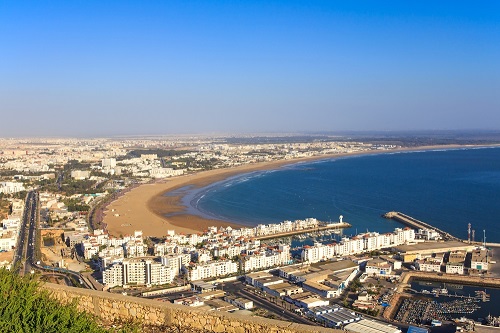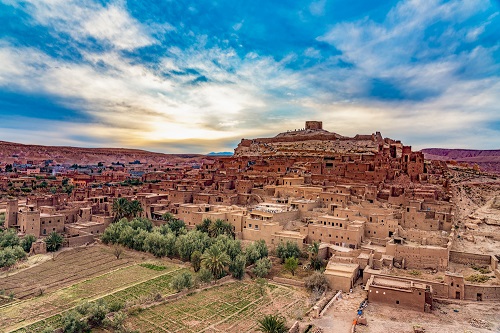Morocco can be a challenging place in which to work and live, and if you are an expat in the country, it makes sense to take care of both your mental and your physical health. This article will take you through your options when it comes to safeguarding your mental health. The best ways to keep physically well are outlined here.The Moroccan Ministry of Health estimates that around half the Moroccan population are suffering from a mental illness of one form or another. According to reports carried out in 2017, the country’s public healthcare sector suffers from a critical shortage of psychiatrists and mental health personnel. Morocco has only 197 psychiatrists, which equates to an average of 0.63 psychiatrists per 100,000 inhabitants. This does not compare well to the global average of 3.66 psychiatrists per 100,000 inhabitants. The World Health Organisation (WHO) has backed up claims that mental health provision in the public sector is of a low quality and has poor outcomes.
Moreover, the infrastructure in Morocco remains insufficient, and there are significant delays in treatment. Casablanca has only three mental health centres: the Ibnou Rochd Hospital, Tit Mellil and El Hank. These must suffice for the largest urban population in the country.
The main asylum, the Bouya Omar Mausoleum, was closed in July 2015. This followed realisations that it was not fit for purpose and accusations of human rights violations; patients were kept in filthy conditions and chained to the walls. The patients were released. Nonetheless, there is still not enough provision to hospitalise patients in severe need.
A draft law was drawn up in 2015 to protect the rights of people with mental disorders, but it came under fire from the country’s mental health professionals, as the bill was apparently pushed through parliament quickly and without consultation from the Moroccan Society of Psychiatry or the Association of Private Psychiatrists. The content of the draft law was placed under review as a consequence.

Further to this, three regional psychiatric hospitals in Agadir, Kenitra and Kelaa Sraghna were proposed, in addition to four facilities specialising in child psychiatry in Casablanca, Rabat, Fez and Marrakech. The number of mental health professionals is due to be increased, with the aim of training around 30 psychiatrists and 185 specialised nurses per year.
Given the poor quality of public mental health provision, and indeed of general medical care in Morocco, it is advisable not to rely on the public sector when it comes to mental health issues. The majority of expats take out private health insurance. Check with your existing provider to see whether mental health conditions are covered under your current policy, and bear in mind that some insurers will not cover pre-existing conditions for new policies. Some expats suggest that you can obtain a ‘mutuelle’ form of policy that will cover a substantial amount of the cost of psychiatric treatment.
You will find a number of private hospitals in Morocco’s cities, such as Marrakech, Casablanca and Rabat. Hospital and clinic provision in the private sector remains unevenly balanced between rural and urban areas, although most expats will be working in the cities.
The costs of sessions with a private therapist or counsellor will vary. Quotes from Tangier suggest an average cost per session of around US$30, but you can spend considerably less than this (US$10) or more (US$50), depending on your location and the qualifications of your therapist; a more qualified psychiatrist will obviously cost more. Bear in mind that the level of English spoken throughout the country will vary, so you may need to locate an English-speaking therapist, assuming this is your native language and you are not bi-lingual in French or Arabic.

There are some American counsellors working in the country. If you are an American citizen who requires medical attention or hospitalisation, you can contact the US Consulate General in Casablanca for information on available physicians and hospitals. They have a list on their website relating to English-speaking provision, including counselling and psychological and psychiatric services, across a range of Moroccan cities.
Some treatment provision is also given by universities in Morocco. Also, check with your employer to see whether they offer in-house provision or are affiliated with a local therapist or clinic.
You may be able to sign up with a therapist – including one in your home country – online. An increasing number of psychotherapists have gone digital and offer counselling sessions over platforms such as Skype.
In addition to accessing mental health services, there are everyday measures that you can take to safeguard your mental health. Make sure that you are eating properly, take regular exercise (which is known to improve conditions such as depression), monitor your moods and emotions, take steps to limit culture shock (such as by talking to other expats), and keep in contact with family and friends back home (so that you do not become isolated). It is also advisable to look up some basic local laws relating to issues such as workplace bullying, in case you encounter any difficulties in your employment situation.

